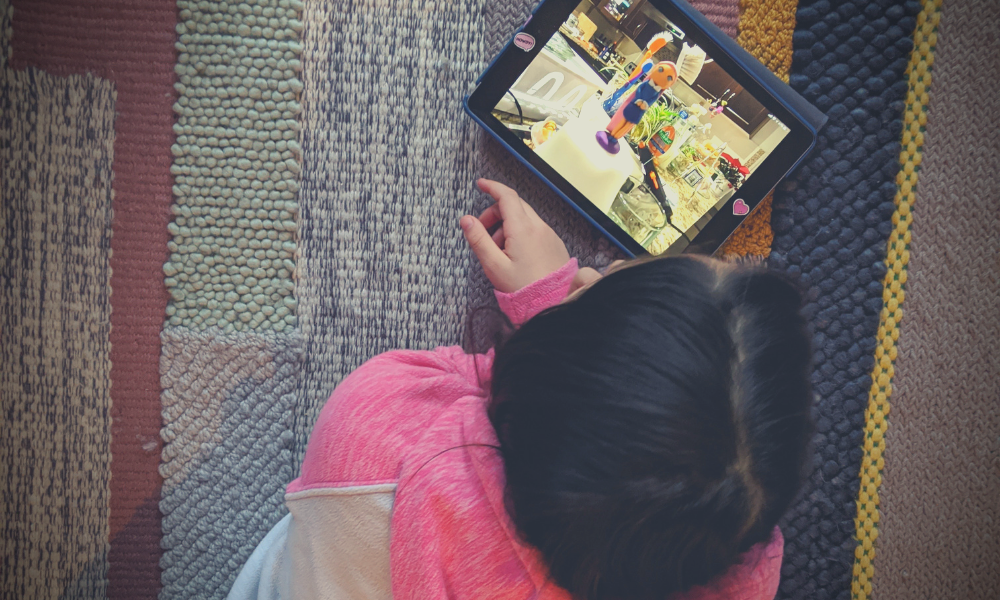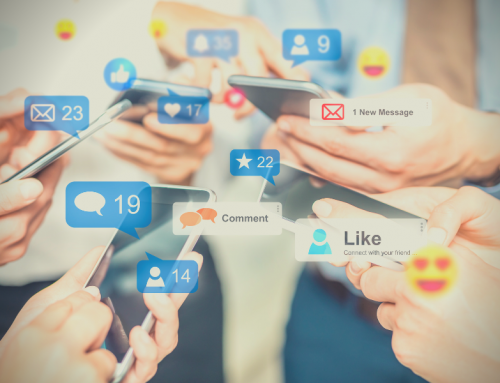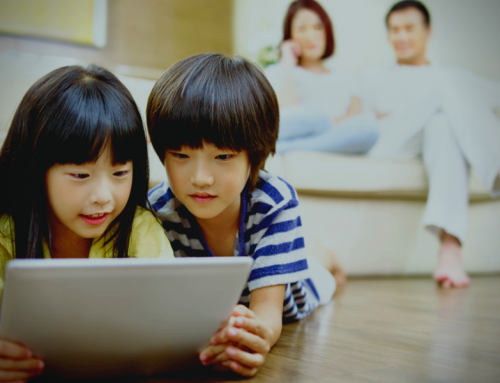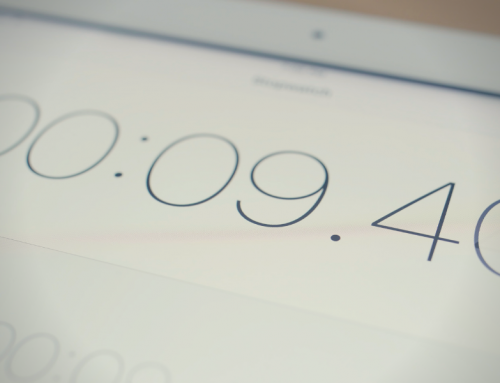Why Parents Desperately Need Level-headed Advice on Screen Time
Every parent knows it: that creeping anxiety when you read the latest headline on screen time or social media use. It’s ruining kids’ brains. It’s causing depression. Some experts even seem to suggest that it’s worse than heroin. But then, every so often, you see a headline telling you the opposite. Maybe screen time isn’t all that bad—maybe it can even improve school performance. Some experts say it’s as harmless as a potato.
Heroin or potatoes. Is this really what the screen time science has come to?
I don’t have a PhD in child psychology or neuroscience. I don’t have a PhD in anything actually, but I’m not here to weigh in on the methodology behind these claims. I’m here as a parent to offer the perspective of someone with a kid in the next room playing on an iPad. I’m speaking up to implore the experts to give us some rational, level-headed, actionable insights. It seems like the debate around what youth are doing on devices has become more polarized than ever with scientists and academics bickering back and forth about the risks. All of this leaves parents in a tough spot.
Parents Left Behind
I’m not offended as a researcher, data scientist or psychologist. I’m offended as a parent—one who used to look on with anxiety at my own daughter’s screen time. And, that anxiety was fuelled by polarizing screen time rhetoric. It’s an all-or-nothing, no-win proposition for parents.
It’s almost like there is no practical advice to be found anywhere. The culture of anxiety and shame around screen time is deeply rooted in extreme narratives, all of which are far from proven. It wasn’t until I decided to find my own answers that I started making sense of screen time. I learned so much that I wrote a book about it. I realized that common sense should sometimes win over science—especially when the science tries to make something black and white when it’s clearly grey.
Ultimately, there’s an overlooked stakeholder in this debate: parents. And parents are losing out as they look for answers on a nuanced topic and can only find opinions at the extreme poles. If the experts could start focusing on the needs of parents instead of one-upping each other, we’d be better off.
Maybe we’d see them admit that there is still a lot we don’t know about the impact of screens and social media on kids and youth. Maybe they’d acknowledge that there are challenges involved when asking individuals to self-report how they feel. Maybe they’d admit that we don’t really know if social media causes depression or if those with depression are more likely to use social media. Perhaps they would admit that it’s ludicrous to put the blame for recent increases in youth depression and anxiety wholly on smartphones, especially during a time of tremendous political, social and financial instability.
But, what do I know? I’m just a parent.
A Polarizing Debate
Unfortunately, we’re still far from that kind of outcome. Today, we’re still in a state of extremes. In one corner, we have researchers sounding the alarm, including Dr. Jean Twenge. Her most famous publication is iGen: Why Today’s Super-Connected Kids Are Growing Up Less Rebellious, More Tolerant, Less Happy–and Completely Unprepared for Adulthood. She’s known for arguing that smartphone use among teens leads to depression and anxiety—and most recently—for reintroducing sensational claims into the debate. Her recent study is easily misconstrued and seems to suggest that social media might be worse than heroin for girls. (Don’t fret parents. It’s not.)
In the other corner, we have researchers telling us not to worry, including Dr. Amy Orben and Dr. Andrew K. Przybylski. These two take often question the scientific merit of Dr. Twenge’s arguments and are known for suggesting that screen time use is as harmless as a potato. (Honestly, I’m not sold on this view either.)
As a parent, all I want to do is give my kids the best life I possibly can. I look to the experts for advice on my children’s health and wellbeing—and technology use is a major part of that equation. I read the news and keep up with the conversation on social media, and because I run a tech company and have a background in finance, I’m more inclined than most parents to dig in and decipher the stats in scientific papers as well. But, most of us don’t have the time to dissect an academic article and determine if the evidence and methodology are sound. Most parents are gleaning what they can from the media coverage. And heaven help us all, because the experts are colorfully disagreeing with each other, and extreme views can unfortunately make great headlines.
The irony is that, even though their arguments are divisive, I somewhat agree with both camps. I feel that while there are risks with some aspects of screen time, it can also be very beneficial. That said, I think the rhetoric on the anti-screen side is probably more damaging.
An Illogical Conclusion
If all parents buy into the idea that screen time is worse than heroin, the logical conclusion is to lock up the screens and throw away the key. Doing that would deprive kids of technology that can help them connect, create and learn—and something that will be a huge part of their personal and professional lives later on. This kind of anti-screen sentiment also fuels discord in the family. Most kids love technology and want to use it more. But, parents have a bug in their ear telling them that screen time is bad, so they hold it back. This leads to meltdowns for younger kids and sows mistrust and resentment between parents and teens.
Couching your scientific article in salacious language isn’t just confusing for parents—it also has a way of spiraling out of control in academic circles. That off-the-cuff comment about heroin has already picked up steam: one article from Psychology Today referenced Dr. Twenge’s paper, stating that, “[f]or girls, social media use is substantially more harmful than heroin use.” This is a mischaracterization, of course, and Dr. Twenge’s co-author even said so on Twitter in a reply to the psychologist who wrote the article.
A Plea for Rationality
I’ve done enough research and writing about screens to believe that the data, at this point, is inconclusive. There’s likely some correlation between social media use and decreased mental wellbeing—but causation is not proven. For the sake of parents everywhere, scientists should lead with that information when they talk about the potential drawbacks of screen time.
I believe we need to shift the conversation. I think every academic and expert has a responsibility to be reasonable—not sensational—when they present their research. That information, at least, is supposed to be peer-reviewed, unbiased and reliable. I know I’m used to taking news headlines with a grain of salt, but I think it’s incredibly dangerous when we need to start questioning the researchers themselves. So, I implore the experts: please stop feeding us extremes. Stop overselling (or underselling) the dangers to promote papers. Technology is here and it will be a major part of our kids’ lives. We need real, reasonable suggestions for incorporating screen time as safely as possible.
Again, what do I know? I’m just a parent. But I’m a concerned parent looking for better answers—and I’m far from the only one.






